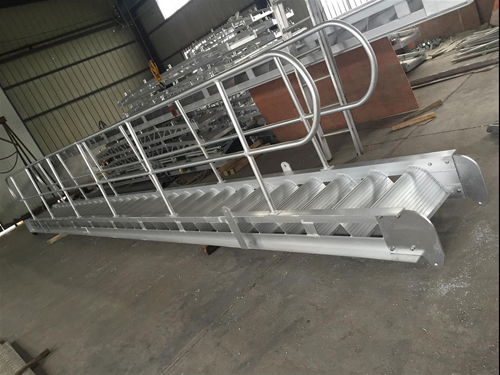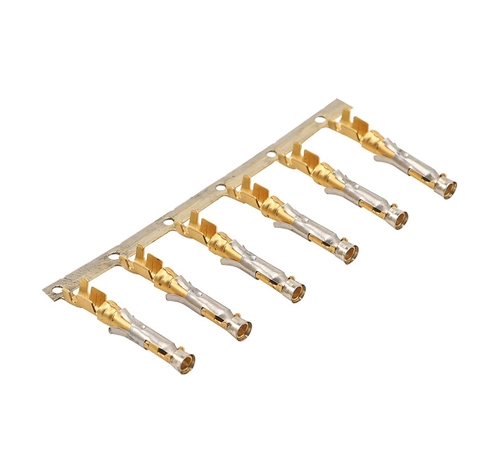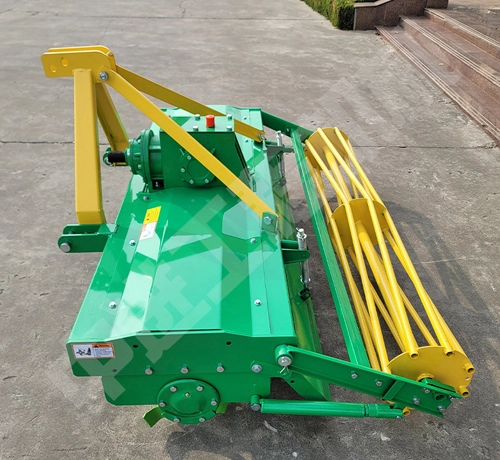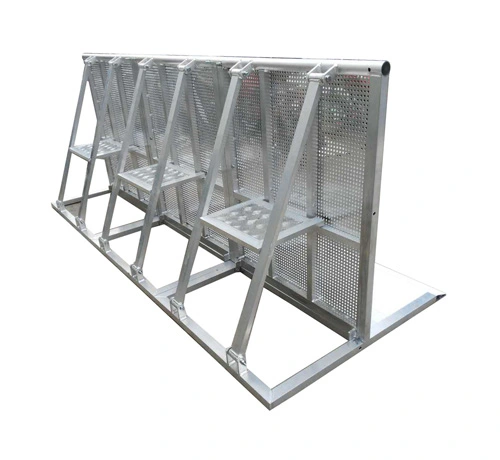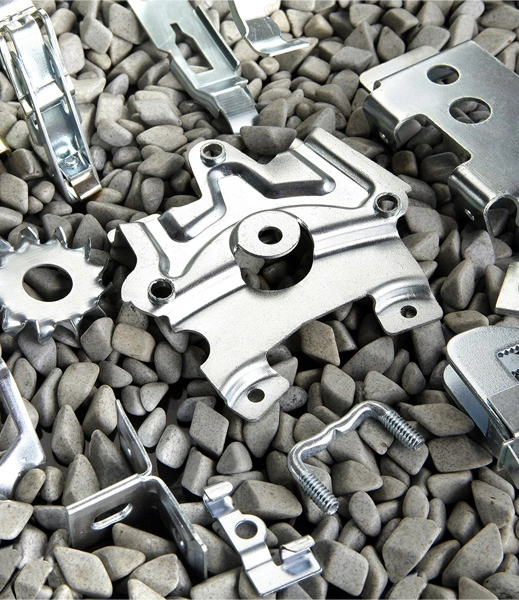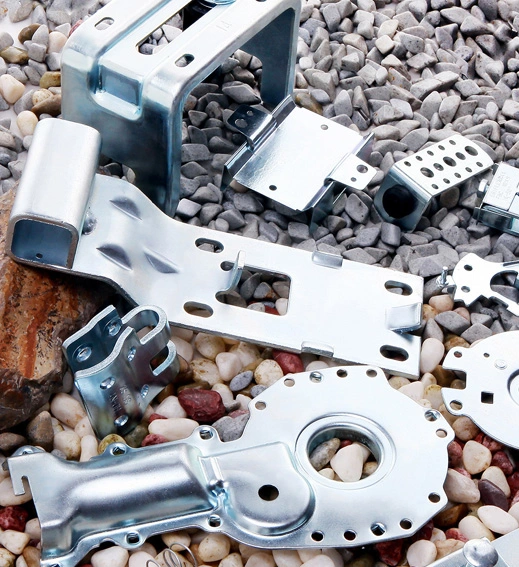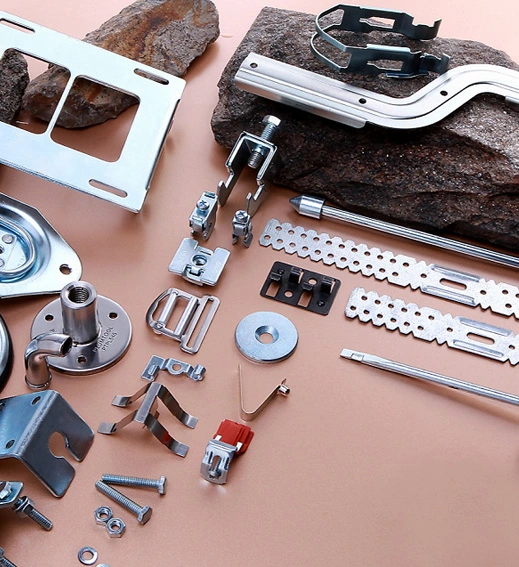
Yixing Technology is specialized in sheet metal manufacturing for marine industry for more than 20 years. The most important factor we need to consider for marine industry parts is the corrosion resistance because the seawater and marine environments are much more corrosive than normal environments. How to ensure the durability of the product and corrosion resistance is very important. As one of professional marine stainless steel fabricators, we are very serious in material selection. Not only do we use the marine grade material, but also we will choose the top 3 mill factory in China like Baosteel, Wuhan Iron and steel etc. Equipped with most advanced machines, we can make qualified sheet metal parts for marine industry.
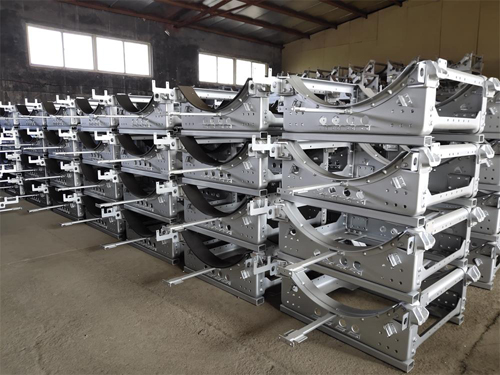
As a precision sheet metal fabrication factory, Yixing Technology specializes in high-quality marine boat metal fabrication, offering custom solutions for boat components and marine structures.
The process begins with selecting marine-grade materials, such as 316 stainless steel, aluminum (5052, 5083), bronze, and brass, known for their corrosion resistance and strength in saltwater environments.
The company uses advanced technologies for precision fabrication, including high precision laser cutting, CNC machining, and water jet cutting for accurate shaping of materials. For custom marine stainless steel fabrication, Yixing Technology employs TIG and MIG welding to ensure strong, clean joints.
To enhance durability, surface treatments like passivation, polishing, and powder coating are applied, providing additional corrosion protection. Quality control measures, including dimensional checks and corrosion testing, ensure that all components meet marine standards.
Final boat metal fabrication products include marine boat rails, structural components, custom boat parts, and marine accessories, all designed to withstand harsh marine conditions. As a leading marine stainless steel fabricators, Yixing Technology's commitment to precision and durability in sheet metal fabrication services makes it a trusted leader in stainless steel boat rail fabrication and all marine boat metal fabrication needs.
